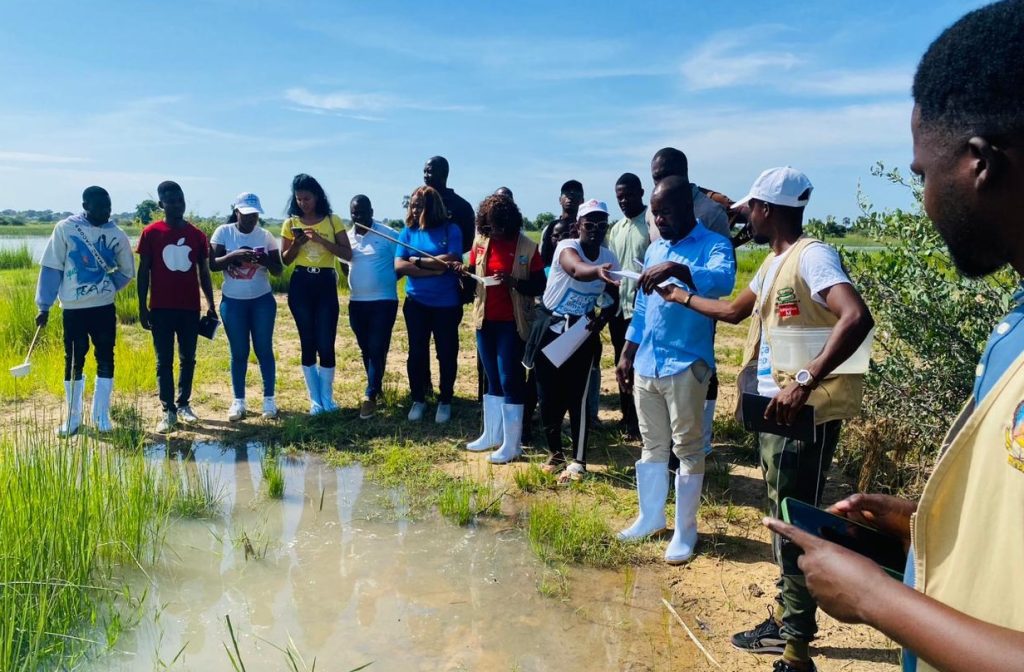District level training in two provinces in southern Angola was carried out recently to improve malaria surveillance for elimination in this border region. The training covered entomology and vector control elements defined in the Malaria Surveillance for Elimination Manual of Angola NMCP.
Training started last week with municipal supervisors and surveillance officers in the local health teams who will carry out activities across Cunene and Cuando Cubango Provinces. It will continue to be delivered to health workers from 53 health facilities in both provinces over the next few weeks.
Efforts to improve active surveillance have included activities focused on improving quality and coverage of data. This is vital to improve data granularity and enable better informed decisions to target interventions where they are needed most.
MENTOR has been the lead Ministry of Health partner supporting malaria information system improvements in data disaggregation since malaria started to decline in southern Angola two years ago. Case based reporting has enabled case classification activities and the identification of local foci of malaria transmission.
“Although progress is being made towards malaria elimination in southern Angola, without sustained investment in surveillance activities gains achieved will likely be lost, and cases will start to rise again. We are seeing in other southern African countries that cross-border collaboration and continued elimination programmes* are having a significant impact on the transmission and spread of the disease throughout the region. Which is why further support for elimination activities in Angola is vital to ensure we can address the burden of malaria.” – Ana Direito, National Monitoring and Evaluation Coordinator, MENTOR.
Health teams are also learning to carry out vector control activities for neglected tropical diseases (NTDs). Integrating vector management efforts between malaria and NTDs programmes is helping improve efficiency and impact. Rather than applying separate strategies for each disease, integration allows for the consolidation of resources, expertise, and infrastructure to tackle multiple diseases simultaneously.
“This pooling of resources optimises funding, insecticides and personnel, resulting in more cost-effective interventions and broader community coverage. By coordinating vector control measures such as bed net distribution and insecticide spraying, a broader population vulnerable to multiple diseases is reached, enhancing effectiveness and minimising coverage gaps.
“Embedding these activities into routine healthcare services and infrastructure ensures long-term sustainability and strengthens overall health system capacity, guarding against disease resurgence.” – Ana Direito.
*Link to news story: https://www.africa.com/goodbye-malaria-receive-us24-million-grant-from-the-global-fund-to-fight-malaria-in-south-africa-eswatini-and-mozambique/

